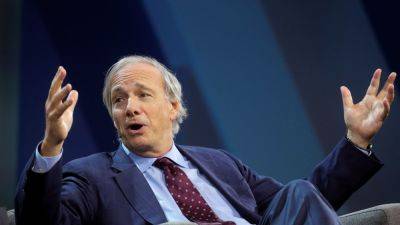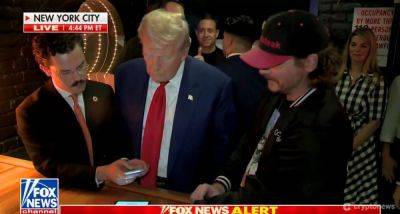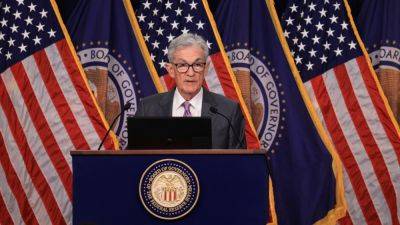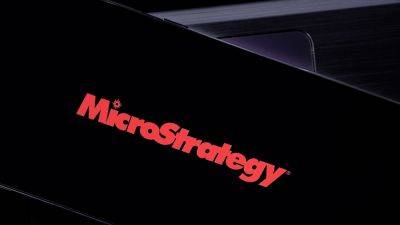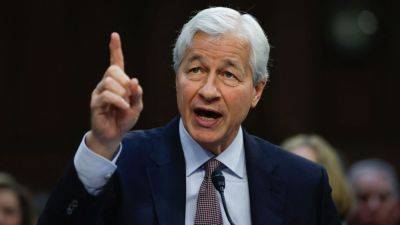VanEck Exec Points to 2018 Fraud Case as Key to Solana ETF Approval
Harvey Hunter is a Junior Content Creator at Cryptonews.com. With a background in Computer Science, IT, and Mathematics, he seamlessly transitioned from tech geek to crypto journalist.
VanEck Executive Head of Digital Assets Research, Matthew Sigel, pointed to a 6-year-old closed case as a potential blueprint for a Solana ETF approval.
In an August 20th X post, Sigel reaffirmed his firm’s stance that Solana should be classified as a commodity, similar to Bitcoin and Ethereum. This classification is necessary for Solana to get its own US-based exchange-traded fund (ETF). He added:
“This belief is informed by evolving legal perspectives, where courts and regulators have begun to recognize that certain crypto assets may function as securities in primary markets but behave more like commodities in secondary markets.”
In his argument, Sigel referred to a now-closed 6-year-old court case involving My Big Coin, a fraudulent crypto payments company.
Digging deeper into commodity classification:
Courts have drawn parallels between natural gas and digital tokens. For natural gas, it doesn’t matter if the gas is delivered to different hubs like Henry Hub in Louisiana or elsewhere: if futures contracts exist for one, all types… https://t.co/DKV8I0hcU9
In 2018, the US Commodities Futures Trading Commission (CFTC) charged the founders of My Big Coin ($MBC) with fraud, guilty of deceiving customers about the token’s utility and value, thus violating the Commodities Exchange Act.
The defendants argued for the case’s dismissal, claiming that $MBC was not a commodity since the futures contracts that reference it do not exist.
However, this argument was rejected by the judge, who ruled that $MBC was a “virtual currency,” akin to Bitcoin, and
Read more on cryptonews.com




